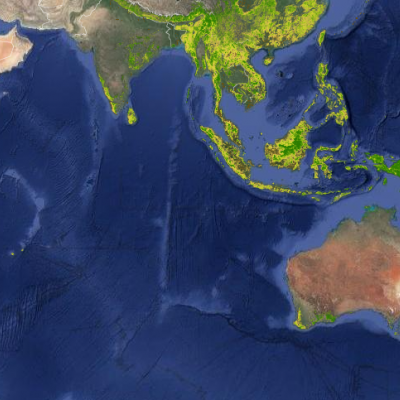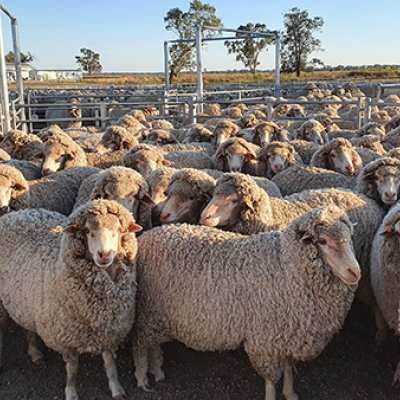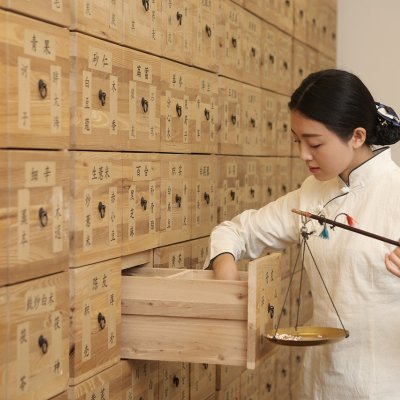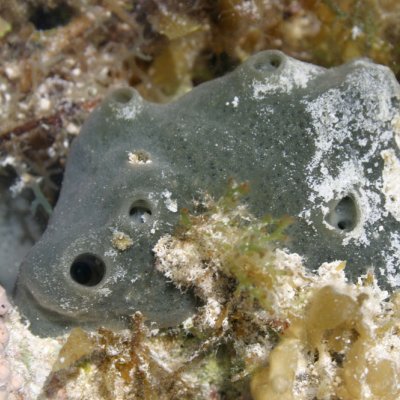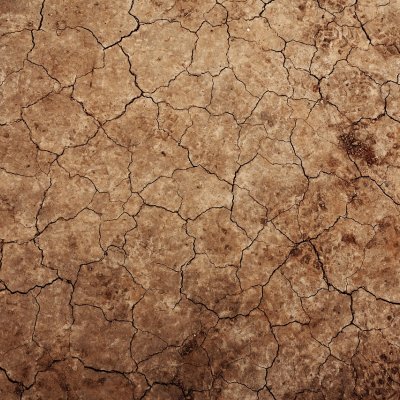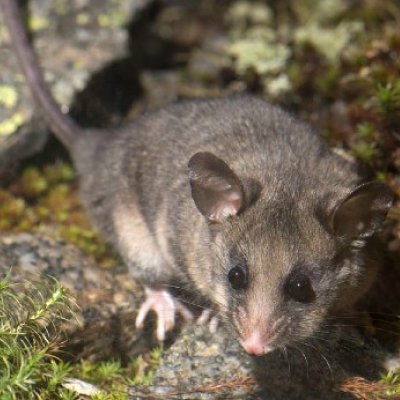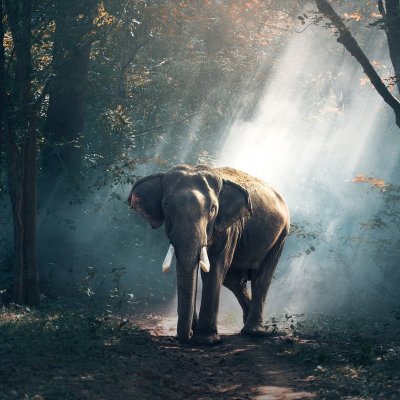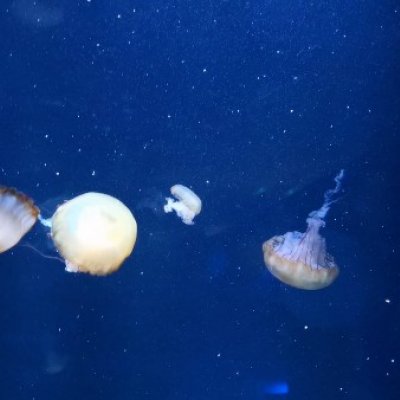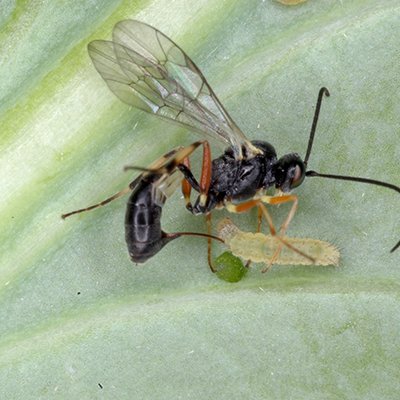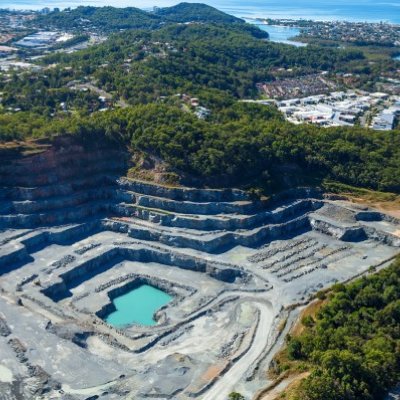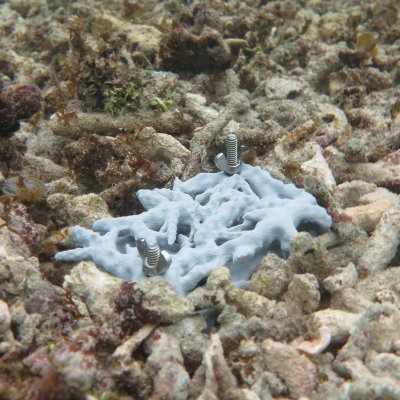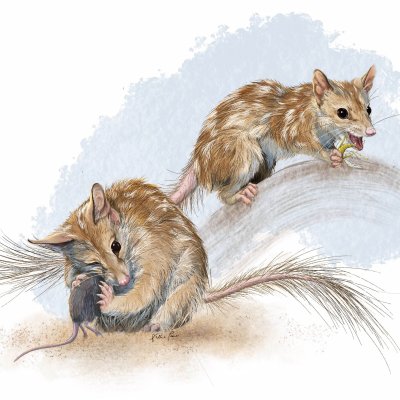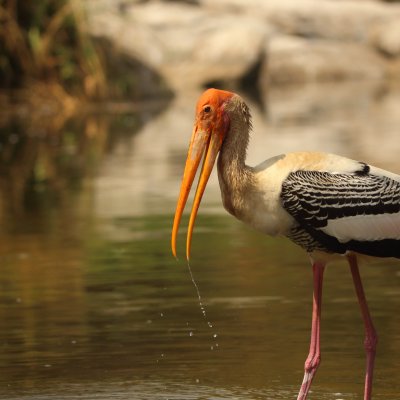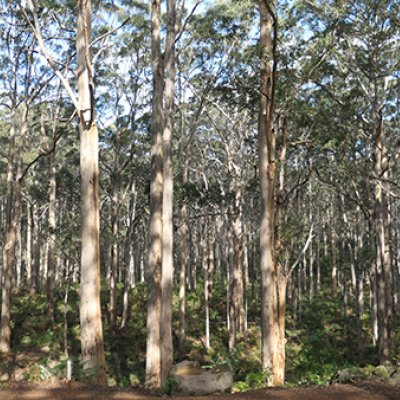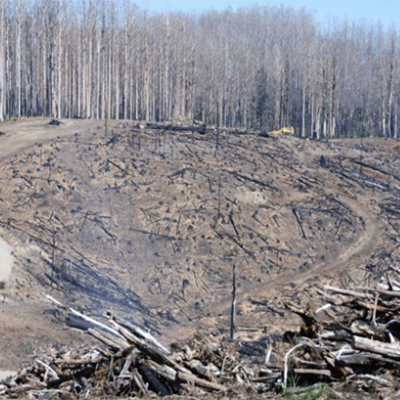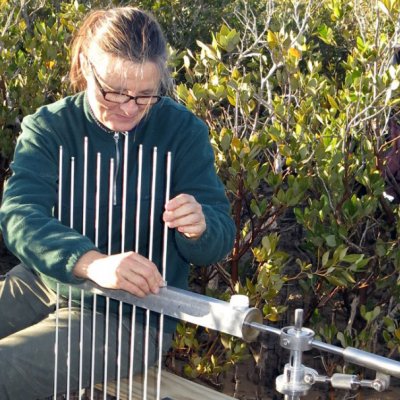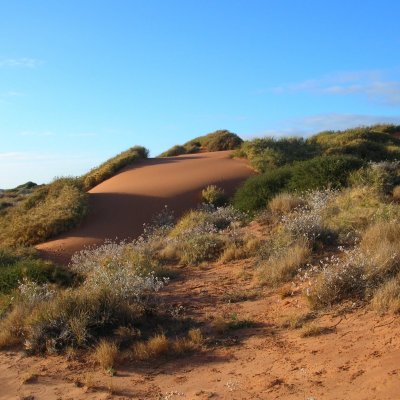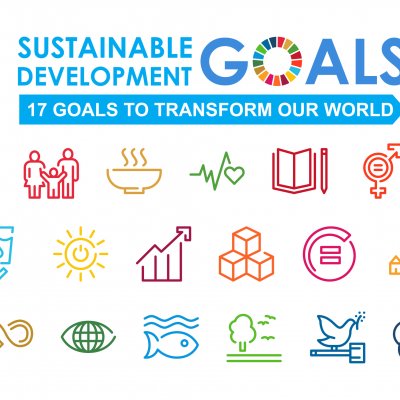Only 40 per cent of forests are considered to have high ecological integrity, according to a new global measure, the Forest Landscape Integrity Index.
9 December 2020More frequently sheared pregnant sheep are more active, have lower stress levels and produce lambs with finer wool, according to University of Queensland research.
3 December 2020Demystifying traditional Chinese medicine for conservationists could be the key to better protecting endangered species like pangolins, tigers and rhino, according to University of Queensland-led researchers.
27 November 2020In a discovery spanning millions of years, scientists have found that humans, and most likely other animals, share important genetic mechanisms with a prehistoric Great Barrier Reef sea sponge.
5 November 2020Mega-droughts – droughts that last two decades or longer – are tipped to increase thanks to climate change, according to University of Queensland-led research.
30 October 2020Humans will need to physically relocate many species to ensure their survival in the face of climate change, University of Queensland-led research recommends.
16 October 2020A failure by governments to deliver on commitments under a global nature conservation treaty, the Convention on Biological Diversity, could have devastating effects.
8 October 2020Jellyfish could replace fish and chips on a new sustainable takeaway menu to help keep threatened species off the plate.
22 September 2020Biological control of insect pests – where ‘natural enemies’ keep pests at bay – is saving farmers in Asia and the Pacific billions of dollars, according to University of Queensland-led research.
3 September 2020Researchers have warned that mining threats to biodiversity caused by renewable energy production could surpass those averted by climate change mitigation.
2 September 2020‘Dead’ coral rubble can support more animals than live coral, according to University of Queensland researchers trialling a high-tech sampling method.
1 September 2020The northern quoll, one of Australia’s most adorable and endangered native carnivores, appears to be adapted to dramatically different landscapes – which may be key to the species’ survival.
28 August 2020The world’s tropical regions are home to the widest range of plants and animals, but research from The University of Queensland reveals that climate change is pushing species away, and fast.
25 August 2020As world temperatures rise, the rate at which plants in certain regions can absorb carbon dioxide is declining, according to University of Queensland research.
20 August 2020Brisbanites love their Queenslander-style homes, valuing them for their history, aesthetic pleasure and climatic comfort, according to University of Queensland research.
30 July 2020The damage caused by the catastrophic 2019-2020 Australian bushfires could lead to a dramatic jump in the number of native species at risk, according to University of Queensland-led research.
21 July 2020Australia’s renewable energy research capacity has been boosted with the completion of The University of Queensland’s 64 megawatt solar farm at Warwick in the state’s south east.
17 July 2020Two University of Queensland environmental scientists have been named 2020 Australian Laureate Fellows.
9 July 2020Artificial watering points in rangelands are posing an increasing threat to surrounding biodiversity long after the removal of livestock, according to University of Queensland research.
7 July 2020A team of scientists has warned that the UN Sustainable Development Goals (SDGs), designed to bring together environmental protection and socioeconomic development, are failing to protect biodiversity.
6 July 2020- 1 of 2
- next ›
